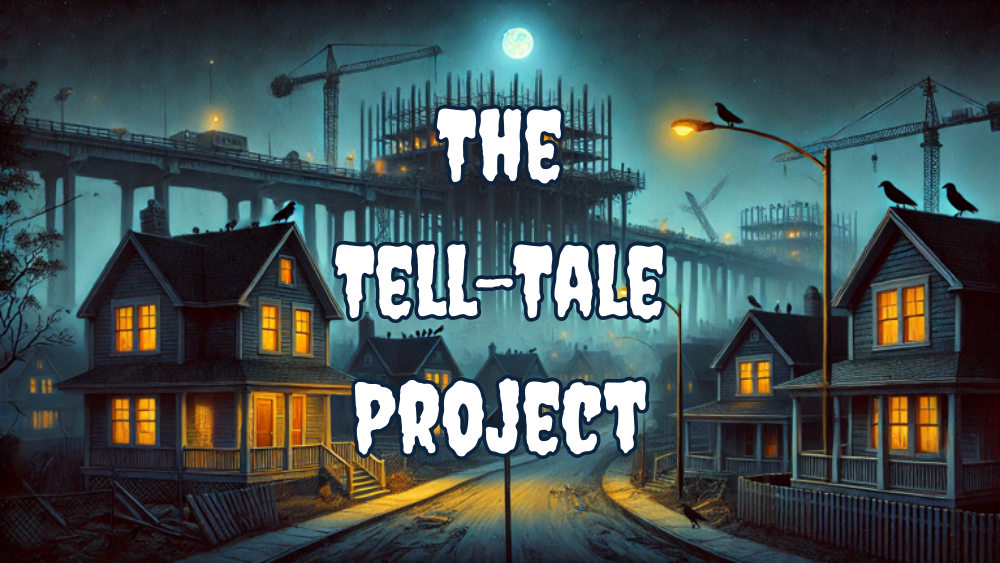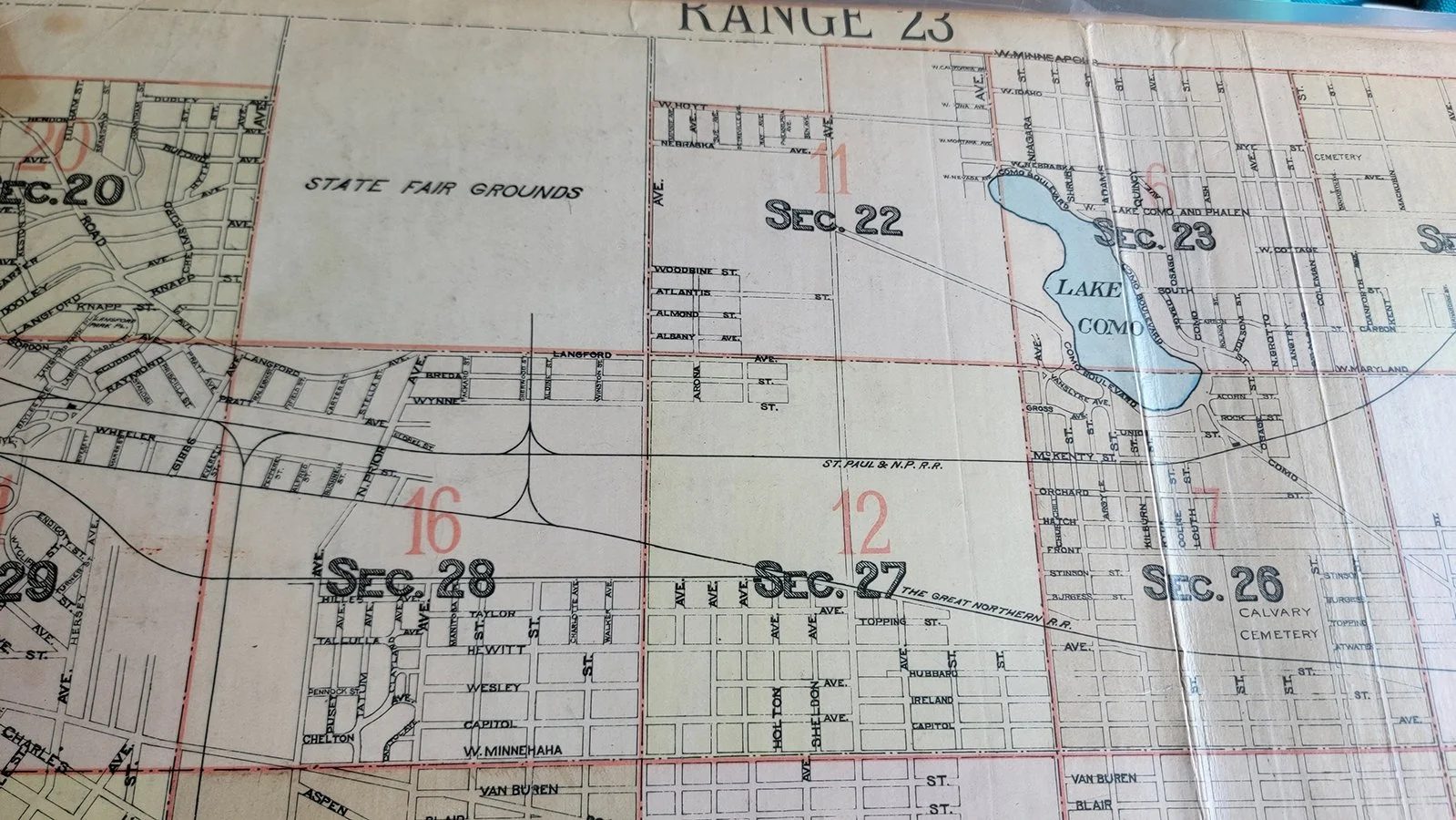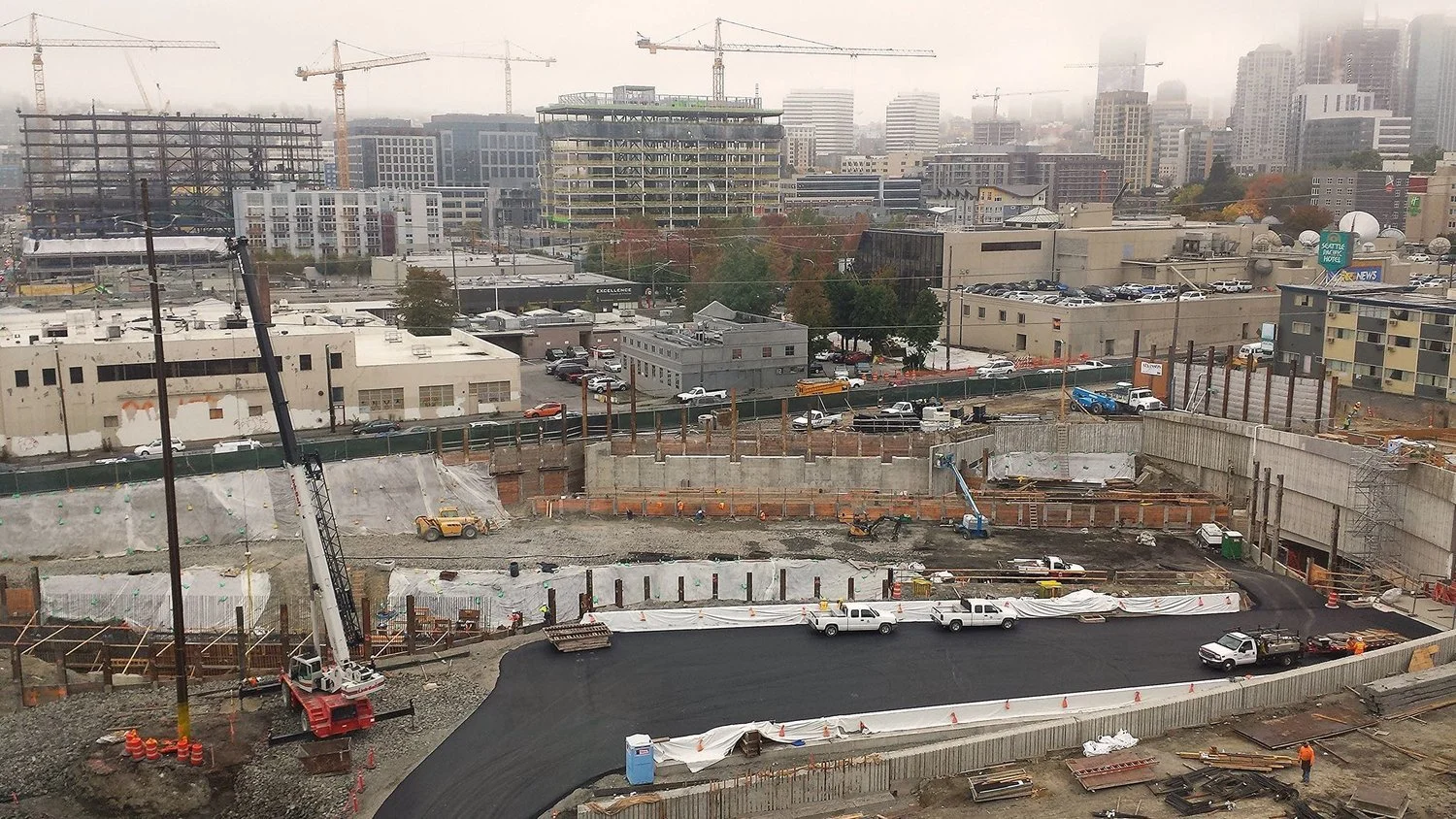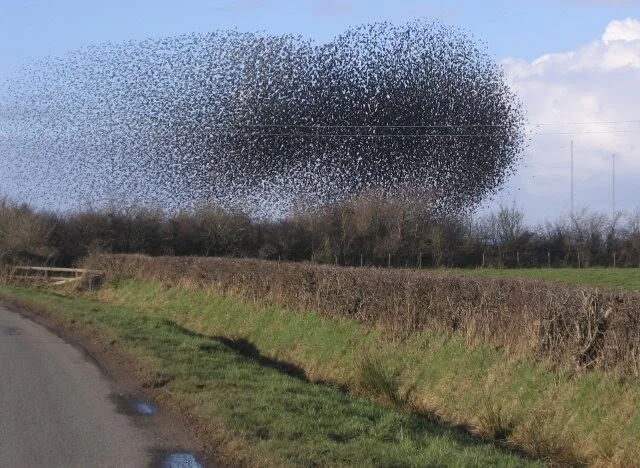In honor of the season, here’s a short adaptation of Edgar Allan Poe’s “The Tell-Tale Heart,” which illustrates the damage that zombie projects — large, ambitious projects that drag out for years or never get off the ground — can do to a place.
Read MoreA quirk of Houstonian zoning has enabled some residents to start thickening up their neighborhoods, albeit through technically illegal means.
Read MoreThis series of studies of 19th-century development in St. Paul, MN, can help us understand some of the earliest traces of what would later become the suburban development pattern.
Read MoreIf you value the end state of a walkable, diverse, dynamic place with a lot of local character, then you must also value the process that gets you there.
Read MoreDesign affects us in a multitude of ways, and when we look to nature as inspiration for designing the built environment, the core takeaways are: adaptation and incrementalism.
Read MoreThe environmental groups suing Minneapolis to block implementation of its groundbreaking 2040 Plan have a limited understanding of environmentalism, but a keen grasp of how to slow down policy reform.
Read MoreThe belief that we’re going to radically transform our cities from the top down defies reality. Despite widespread anxiety about urban growth and change, the vast majority of places aren’t changing very much at all.
Read MoreLet's talk about some core Strong Towns concepts: complexity, incrementalism, fragility, and more!
Read MoreFor our real-estate markets to allow incremental development to be economically viable, there are some challenges we need to confront.
Read MoreWe need people who will build in the places where big, corporate developers won’t. But how do we get enough small-scale developers back to make a difference?
Read MoreWe must stop building more infrastructure in our cities and switch instead to a model of intensive maintenance, combined with making better use of what has already been built.
Read MoreWhat if we had a class of semi-amateur developers 10 or 100 times larger than it is today?
Read MoreThe classic story...with a Strong Towns twist.
Read MoreConventional planning is based on what professionals think people want or need. Now imagine a city that improves according to the actual needs and desires of its residents. The first is a gamble, the second is an adaptation.
Read MoreDecades into the Suburban Experiment, many towns and cities have precious few old buildings left. Those that remain could be adapted to new uses—but cities are making that hard.
Read MoreIncremental change doesn’t mean slow change. In fact, unleashing the power of the many to make small changes in response to immediate needs may be the only approach that is up to the scale of the problems our cities face.
Read MoreThe recent remake of a classic video game features an unusual setting—an urban slum—and some surprising real-world insights about how people who have nothing build a place that’s worth something.
Read MoreA strong town is one that can adapt incrementally over time. Here’s how a group of climbing enthusiasts helped a Michigan college town do just that.
Read MoreThe famous "Growth Machine" theory of local politics explains a lot about the shape of our cities and their present-day problems. But not in the way you think.
Read MoreThe Strong Towns approach to development, as seen in HBO’s “Deadwood.”
Read More



















